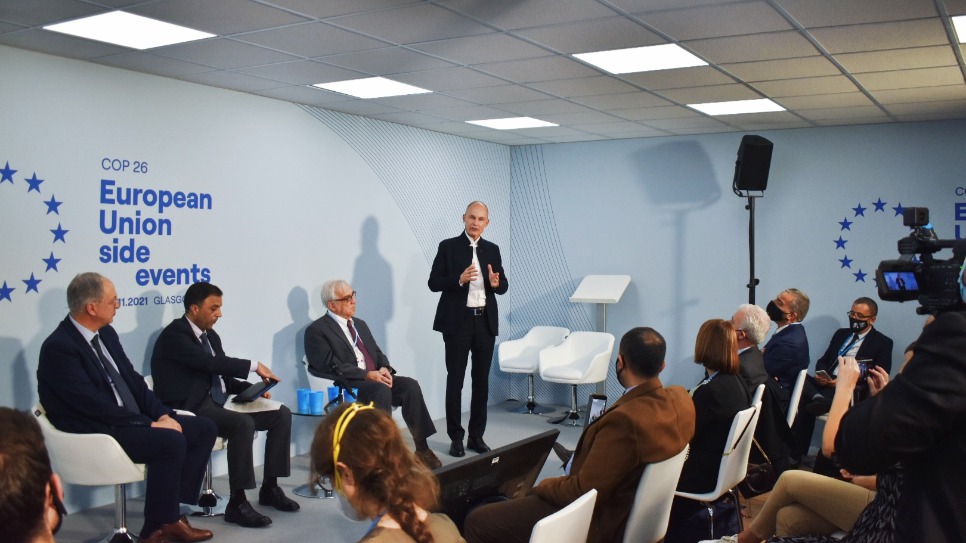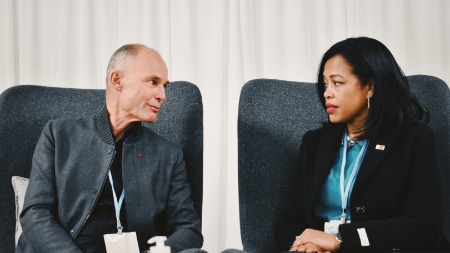Opinion
Finally implementing an almost already obsolete Paris Agreement

COP26 will work this week on the technical implementation of the Paris Agreement. Actions must become concrete because the commitments of 2015 are already behind the climate reality
The technical challenges start in Glasgow. After a week of negotiations between heads of state, the time has come for the implementation of the Paris agreements. No more rhetoric, make way for numbers, reports and decisions. It was time ! The effective implementation of the Paris agreement dating from 2015 is lagging behind the environmental reality. In six years, the situation has greatly deteriorated: floods, droughts, fires, just the summer of 2021 has shown the dramatic extent of the disruption. It is not only future generations that will be affected, but ours already.
In fact, the gap between what we do and what we should be doing is growing every day. The technical discussions on the so-called "Paris Rulebook" may seem less exciting than the flashy promises of zero goals, billions of dollars in funding and limiting global warming to 1.5. degrees Celsius. Yet this is the basis on which to build everything else.
The questions to be resolved remain numerous, complex and technical. Among them, three stand out: deadlines, transparency and the carbon market.
The subject of deadlines seems to be the simplest. Parties need to “simply” agree on an appropriate timeframe for checking a country's progress against its climate commitment. However, so far, no agreement has been reached. Five years ? Ten years ? Flexible deadlines? This questioning shows to what extent even the simplest questions are the subject of bargaining at COP26.
The Paris agreement also demands more transparency from countries, which means tighter rules for reporting progress, but also more bureaucracy. An easily manageable job for our Western democracies, but an overwhelming task for the countries of the South, whose resources are already in great demand.
Finally, there remains the thorny issue of the carbon market. The objective, honorable at first glance, is to allow rich countries to reduce their CO2 emissions by investing in developing countries, where each tonne of abatement will cost less. However, some countries want to play with the numbers by applying double counting. Ecological improvement would then count for both the investor and the recipient country, which is absurd. If the objective of COP26 is to finally put an end to cheating by introducing deadlines and transparency measures, the carbon market opens the door wide to other means of cheating.
Six years have passed since the Paris Agreement. However, we are still in the process of negotiating the framework for its implementation. States must absolutely step up the pace to ensure that this agreement is not overtaken by reality and becomes obsolete. Provided they do not agree with the pessimists ...



